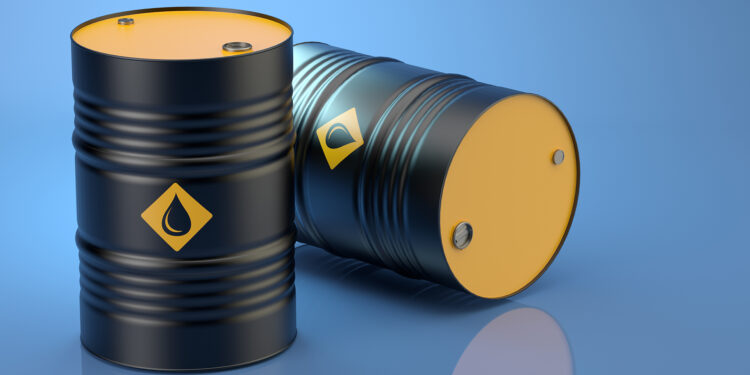Oil prices continued their gains on Monday, following the death of Iranian President Ebrahim Raisi His Foreign Minister Hussein Amir Abdullahian The helicopter they were traveling in crashed and the delegation accompanying them.
This increase also comes at a time when Saudi Crown Prince Mohammed bin Salman postponed a visit to Japan due to King Salman’s health condition. Iran and Saudi Arabia are among the largest oil producers in the world.
Brent crude rose 0.35% to $84.27 per barrel at the time of writing this report, recording its highest levels since May 10th, and US West Texas Intermediate crude rose 0.3% to $79.81 per barrel, at its highest levels since May 1st.
Iran announced on Monday the death of Raisi and Abdollahian following the crash of the helicopter they were traveling in in East Azerbaijan Province in northwestern Iran on Sunday.
Futures contracts for June delivery expire tomorrow, Tuesday, and West Texas Intermediate crude contracts for July delivery were traded up 0.1% at $83.75 a barrel.
Brent ended the previous week up by about 1%, its first weekly gain in 3 weeks, while West Texas Intermediate crude rose 2% thanks to improved economic indicators from the United States and China, the world’s largest oil consumers.
Despite the volatility witnessed in the region, oil prices moved only slightly.
“The oil market remains largely range bound and without any new catalyst, we will likely have to wait for clarity regarding OPEC+ production policy in order to break out of this range,” said Warren Patterson, head of commodities strategy at ING.
The Organization of the Petroleum Exporting Countries and its allies, known as OPEC Plus, are scheduled to meet on June 1.
“The market also appears to be increasingly uninterested in developments on the geopolitical front, likely due to the large amount of spare capacity that OPEC possesses,” Patterson said.
The US government took advantage of the recent decline in oil prices, saying late last week that it had purchased 3.3 million barrels of oil at $79.38 per barrel to help refill its strategic petroleum reserve after a massive inventory sale in 2022.



